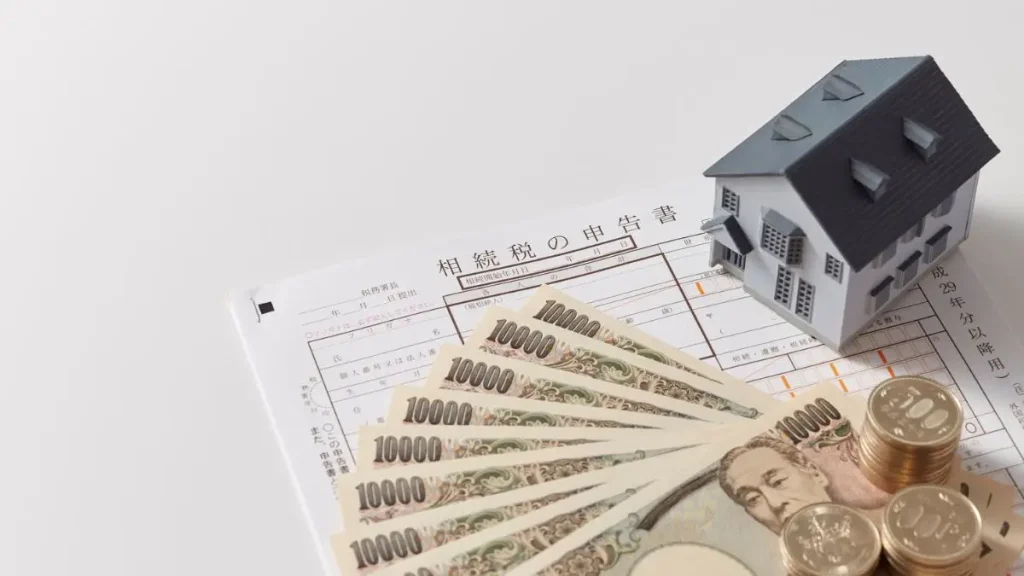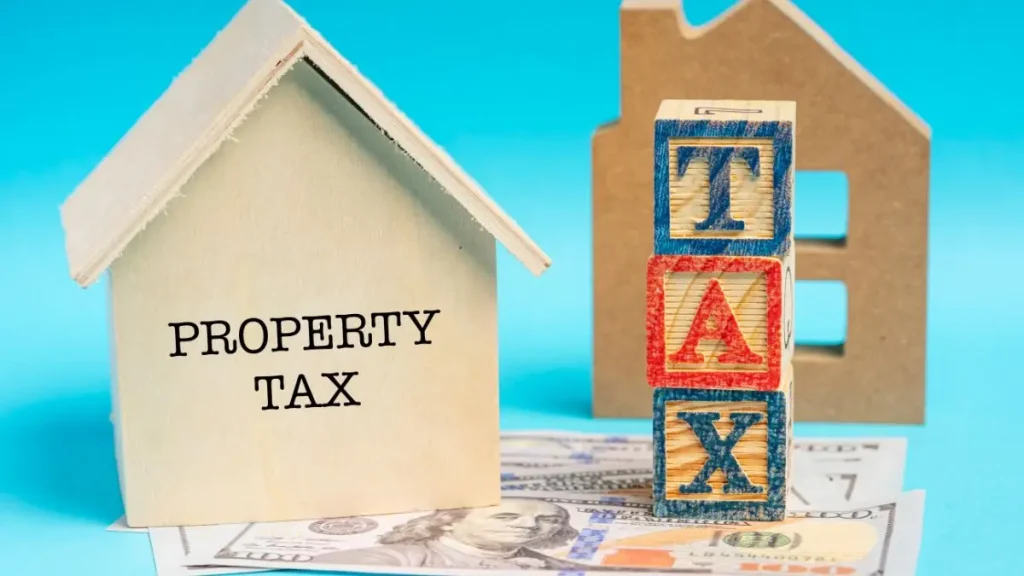8 Easy Tax Mistakes Homeowners Should Avoid
Look, I get it—taxes are one of those things you can’t dodge, especially as a homeowner. But here’s the kicker: most of the money you lose on your taxes isn’t because of the system; it’s because of simple mistakes you make along the way.
And trust me, these errors aren’t just about losing some cash—they can even trigger unwanted calls or letters from the IRS. Nobody wants that stress, right?
So, as you get ready to file your 2024 taxes in 2025, it pays off to be extra careful. The biggest traps? Property tax deductions and mortgage interest claims. I’m going to walk you through eight common pitfalls I’ve seen trip up homeowners again and again—and how to avoid them.
Because at the end of the day, knowing these can save you money, time, and a whole lot of headaches.
Mistake #1 – Deducting Property Taxes for the Wrong Year
Here’s something I see a lot: people deduct property taxes for the wrong tax year. It sounds simple, but it trips up many homeowners. You only get to deduct property taxes in the year you actually paid them, not the year on the tax bill.
Let me explain. Some local tax authorities bill a year behind, so you might get a 2024 tax bill in early 2025. But the IRS doesn’t care about that bill date—they want to know when you or your escrow account holder paid those taxes. If you claim the deduction for the wrong year, it can cause confusion or even trigger an audit.
The folks over at House Logic put it perfectly: “Take the deduction for the year you paid, not the year the bill covers.” That’s a solid rule to follow.
So, when you sit down to file your taxes, double-check your payment records. If you’re like me, keeping track of these details can feel tedious, but it’s worth it to avoid headaches later.
To dive deeper into maximizing your property tax deductions and avoid missing out on valuable write-offs, check out our detailed guide on 18 property tax write-offs every homeowner should know.
Mistake #2 – Confusing Escrow Payments with Actual Property Taxes Paid

Now, let’s talk about escrow accounts. If you have a mortgage, your lender might collect money monthly to cover property taxes through escrow. But here’s the catch: the amount you put into escrow each month probably isn’t the same as what you actually paid in property taxes that year.
I’ve seen homeowners make the mistake of deducting the total amount they paid into escrow instead of the actual property tax amount. That’s a problem because your lender adjusts escrow payments yearly to match your tax bill, and the numbers rarely line up perfectly.
To get it right, look at Form 1098 from your lender. It will show the actual property taxes paid on your behalf. If you don’t have it, call your escrow agent and ask. Deduct only what was actually paid to the tax authority.
Trust me, this small step can save you from making an avoidable error that could raise red flags with the IRS.
Mistake #3 – Incorrectly Deducting Points Paid to Refinance
Here’s a tricky one I want to clear up: deducting points paid to refinance your mortgage. When you buy a home and pay points to get your mortgage, you can usually deduct those points in full that year if you itemize.
But refinancing is different.
If you pay points during a refinance, you can’t deduct the full amount upfront. Instead, you have to spread that deduction over the life of the loan. For example, if you paid $2,000 in points for a 15-year refinance, you deduct roughly $133 per year.
I know it feels like a hassle, but this rule is crucial to avoid over-claiming and running into trouble with the IRS.
Mistake #4 – Misunderstanding the Home Office Deduction
The home office deduction often confuses people, and I get why. There are two ways to calculate it: the simplified method and the regular method.
The simplified method is straightforward—you deduct $5 per square foot up to 300 square feet. Easy, right?
The regular method is more complicated. You calculate actual expenses, like utilities and repairs, but if you later sell your home at a profit, you might owe tax on some of the deduction. It also invites more IRS scrutiny.
Whichever method you choose, the key is that the space must be used regularly and exclusively for your business.
Don’t guess on this one. Know the rules well so you get the right deduction without inviting trouble.
If you’re aged 65 or older, you might also qualify for specific state property tax relief programs—here’s a useful resource to check if you can save even more: State Property Tax Relief for Seniors in 2025.
Mistake #5 – Failing to Repay the First-Time Homebuyer Tax Credit

This one mostly affects people who claimed the first-time homebuyer credit years ago.
If you used that credit back in 2008, you’re supposed to repay it over 15 years, bit by bit. If you got the credit in 2009 or 2010 and sold your home or stopped using it as your main residence within 36 months, you might have to repay the entire credit.
I know this sounds complicated, but the IRS has tools to help you figure out what you owe. It’s better to check now than get surprised later.
If you’re like me, a quick look at these rules today can save a lot of stress down the road.
If you’re a first-time homebuyer or want to understand the tax credits available for you, this article on first-time homebuyer tax benefits breaks down everything clearly.
Mistake #6 – Not Keeping Track of Home-Related Expenses
I can’t stress this enough: if you don’t keep good records, you’re setting yourself up for trouble. I know life gets busy, and it’s easy to toss receipts or forget to save invoices for home improvements, repairs, or office expenses.
But when tax time rolls around, scrambling to find proof can be a nightmare. The IRS expects you to back up your claims with solid documentation. Without it, you might lose deductions or face audits.
My advice? Get into the habit of filing or scanning every receipt related to your home and home office as soon as you get it. A little effort throughout the year goes a long way toward making tax season smoother and less stressful.
Also, if you want quick tax tips and reminders throughout the year, many homeowners find real value in joining communities that share updates and advice on platforms like WhatsApp
Mistake #7 – Forgetting to Report Trackable Capital Gains on Home Sales

Selling your home is exciting, but it comes with tax implications you need to be aware of. You can usually exclude up to $250,000 of profit from your taxes—$500,000 if you’re married filing jointly. That’s great, but only if you meet the IRS’s ownership and use tests.
Here’s the catch: if your gains exceed those limits, or you don’t meet the time requirements, you have to report and pay tax on the extra amount.
For example, if you bought your home for $100,000 and sold it for $400,000, you have a $300,000 gain. If you’re single, that means you owe taxes on $50,000.
Don’t assume this is automatic or worry unnecessarily—just be sure to check the details in IRS Publication 523 or consult a tax pro if you’re unsure.
Mistake #8 – Overclaiming the Mortgage Interest Deduction (MID)
The mortgage interest deduction is one of the biggest tax breaks for homeowners, but it comes with strict rules.
For loans taken out after December 15, 2017, you can deduct interest on up to $750,000 of mortgage debt. Older loans might have a $1 million limit. You have to know which applies to your loan.
Also, interest on home equity loans or second mortgages is deductible only if you used those funds to buy, build, or substantially improve your home. Using those loans for things like cars or student loans? That interest isn’t deductible.
It’s important to know these limits so you don’t accidentally claim too much and end up in IRS trouble.
What’s the biggest tax mistake you’ve made (or avoided) as a homeowner? Drop a comment or share your story—I’d love to hear from you!
Final Thought: When in Doubt, Ask for Help
I’ve shared a lot here, and I get it—tax rules can feel overwhelming. If you find yourself unsure about any of these points, don’t hesitate to reach out to a tax professional.
They can help you navigate tricky situations, make sure you get every deduction you deserve, and keep you on the right side of the IRS.
What’s the biggest tax mistake you’ve made (or avoided) as a homeowner? Drop a comment or share your story—I’d love to hear from you!
For more helpful tax tips and homeowner advice, feel free to explore our property tax write-offs guide on our website Build Like New.
Disclaimer: This article provides general information and is not professional tax advice. Tax laws can change and individual situations vary, so please consult a qualified tax professional for advice tailored to your circumstances. I’m here to help guide you, but your personal tax decisions should be made with expert support.


